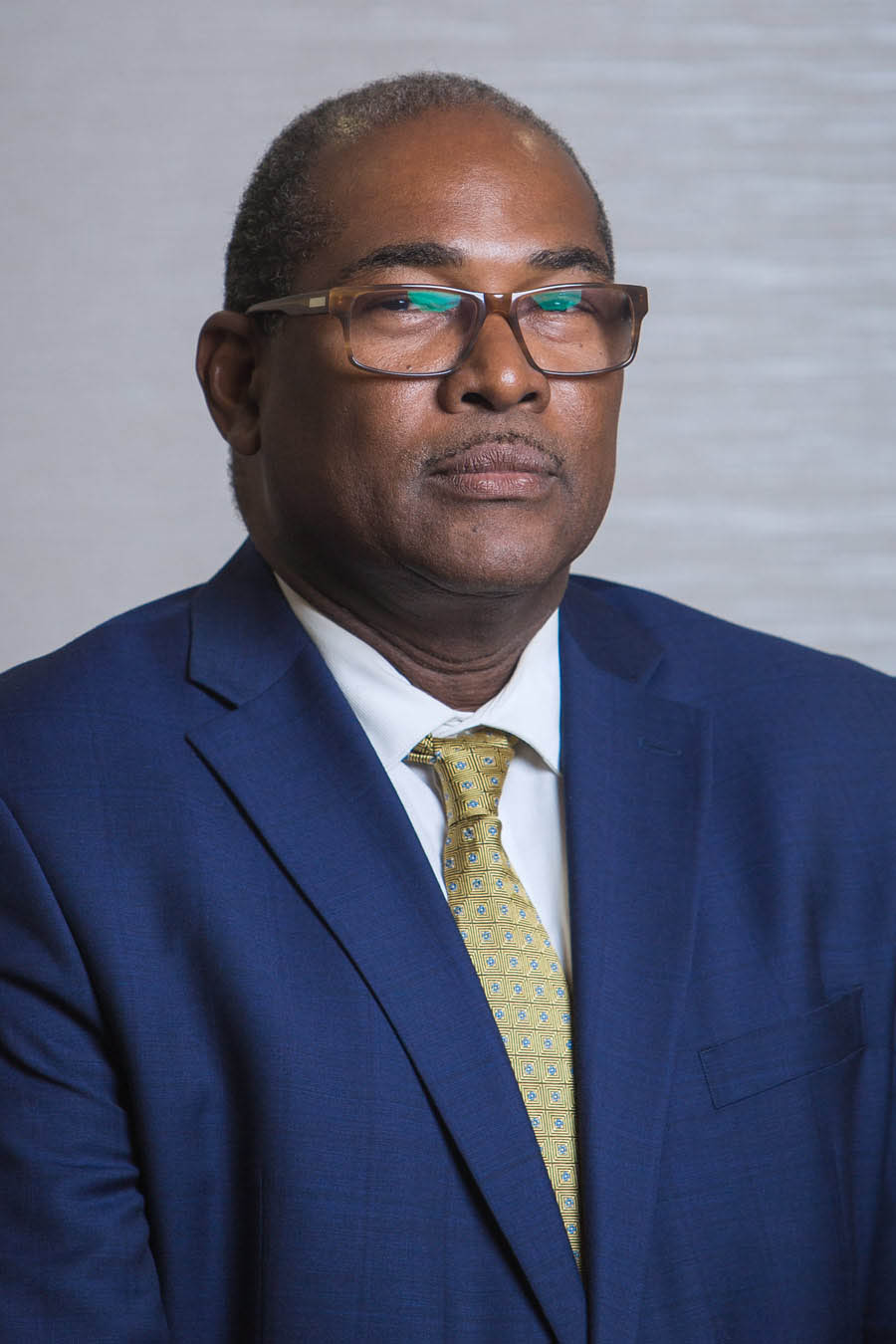Attorney at law Nigel Hughes has posited that ethnic relations in Guyana can be improved through the collection and analysis of data on the impact of government policies on each race and ethnicity.
“There are huge arguments where we throw assumptions at each other. Where we hurl perceptions at each other. None of these perceptions is based on data or accurate history so in effect we are arguing assumptions…in the absence of data it is difficult to begin any analysis of statements made and propagated on the issue of race, power, distribution of national good and the availability of opportunities…you cannot really have any form of rational or scientific discussion about race and its impact because, otherwise, all you are doing is running opinions in the absence of national data,” he said during a Conversation on Ethnic Relations hosted by the Ethnic Relations Commission (ERC).
The two-day virtual conversation which continues today was held in collaboration with the Office of the United Nations Resident Coordinator and the University of Guyana (UG) under the theme “Understand, Respect, Unite”.
Moderators were at times challenged to maintain civility as some of the panelists took aim at each other.
In one of these instances public relations specialist Kit Nascimento accused Hughes of failing to see himself as a Guyanese.
“That’s part of Mr Hughes’ problem…he doesn’t know what it means to be Guyanese he sees himself as an African first,” Nascimento contended.
Hughes in turn, declared that Nascimento cannot define him.
“The days when some else defined me are long gone,” the incensed attorney pronounced.
The two men disagreed on the root cause of Guyana’s ethnic issue, while Nascimento maintained the issue was one of self-identification Hughes disagreed.
The public relations specialist stressed that individuals who see themselves as African and Indian rather than Guyanese are at the crux of Guyana’s problem while Hughes stressed that Guyanese was not a monolith.
“If we don’t have a common culture, common values and shared obligations then I don’t know what being a Guyanese is,” he lamented.
During his presentation Hughes noted that it is critically important to analyze the contribution of each ethnic group to Guyana’s development and monetize these contributions based on a realistic evaluation.
He referenced research conducted by Collin Constantine and published under the title “Rise of Income inequality in Guyana.”
According to Constantine the top 10% in Guyana controls 41% of household income while in 2013 the bottom 50% realizes a mere 12.42%.
“The obvious question is what is the composition of that 10%,” Hughes noted, adding that in a society that is so badly structured such a situation would come to a head whether it were homogenous or multiethnic.
“That is going to come to a head at some stage especially if the majority of the 10% look a particular way because it then fosters the feeling of exclusion,” the attorney argued.
Hughes was keen to highlight that collection of data by race does not make you racist rather it makes everyone more aware of the impact of various national policies by race and ethnicity.
He criticized the fact that successive government have failed to implement this type of policy evaluation despite acknowledging that race and ethnicity place a key role at elections.
His recommendations on the way forward centred on the collection, analysis and publication of data on key economic, social and political indicators by race and ethnicity.
Hughes has also suggested constant vigilance on race and the impact of policies by ethnicity and race as well as a concerted effort by government and society to acknowledge and challenge the issues of race.










